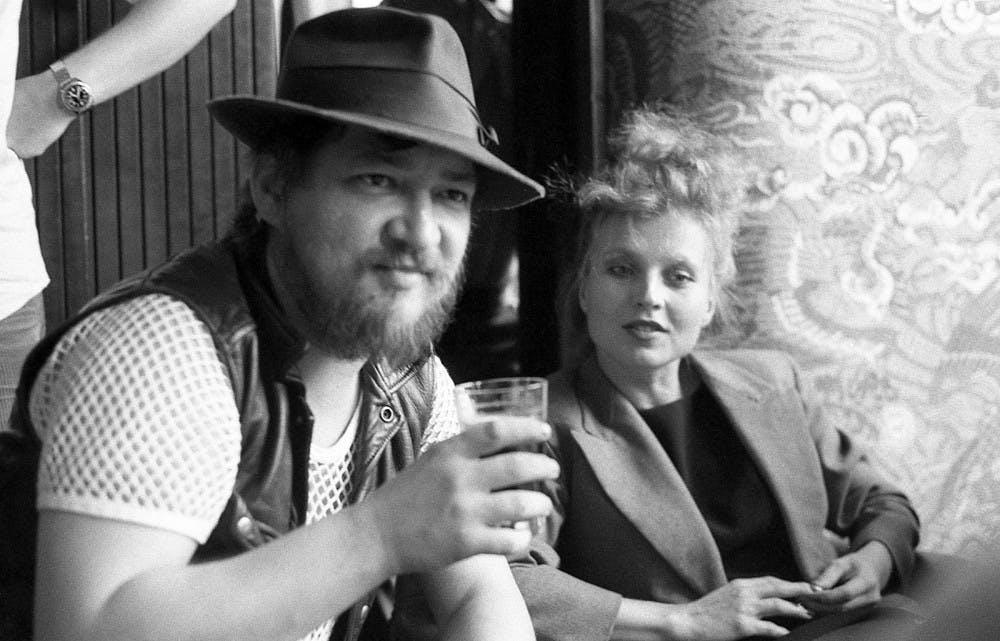The second wave of the feminist movement in the latter half of the 20th century brought about a renewed consciousness of the construct of gender and its negative implications for those who were not socialized as cisgender, heterosexual men. During this time period, countless intellectuals—philosophers, gender theorists, and filmmakers—produced works that spoke to the performativity of gender and the effect such a construct has on our lives.
In 2018, the literature and art surrounding the feminist movement is much more inclusive and encompassing than when Simone de Beauvoir noted how “one is not born, but rather becomes, a woman” in The Second Sex (1949). Today, there exists a growing visibility of films that include either distinctly feminist narratives or those that at the very least center around the experiences of non–cishet lives. Looking to film, one can see hints to this progression, as mainstream, visible feminism incorporated intersections such as class, race, and sexuality more comprehensively.
One filmmaker in particular, Rainer Werner Fassbinder, proffers a unique commentary on the imperialist, destructive tendencies of the United States’ hegemony on postwar West Germany through The Marriage of Maria Braun. By reflecting on the lack of political control and agency West Germany and its citizens had through the character of Maria Braun, Fassbinder also comments on the performativity of gender itself.
Throughout the film, Maria consciously utilizes the men around her as a means to financial security. Her husband, a soldier who remained missing after World War II, is who she actually wants to spend her life with. In the time before he comes back, she hopes to build a comfortable life of financial stability that she has never had the ability to attain. Maria Braun understands the absurdities of enforced “feminine” gender norms but knows that she can engage with them in order to hold on to her various lovers that may aid in her quest.
In putting on makeup, dressing in traditionally feminine garb, and styling her hair for her job as a barmaid in an American G.I. bar, she illustrates a cognizance of how she can perform femininity.
MARIA (studying her new hairdo): I look like a poodle.
BETTI: You think so? But it’s the latest thing.
MARIA (laughs): I’ll bet the Americans are crazy about poodles.
Later, she becomes the mistress of a rich industrialist who allows her to accumulate enough wealth to finally achieve the lifestyle she’s wanted. However, the ending exposes the patriarchal realities that take away her perceived agency. Similar to postwar West Germany itself, Maria refused to focus on anything else but economic security and power to safeguard a future that never actually comes about. Although some gender theorists may still have valid critiques of Fassbinder’s work, The Marriage of Maria Braun offers a uniquely feminist, anti–imperialist account of an essential moment in history that paved the way to cinematic modernity, equality, and normality.







